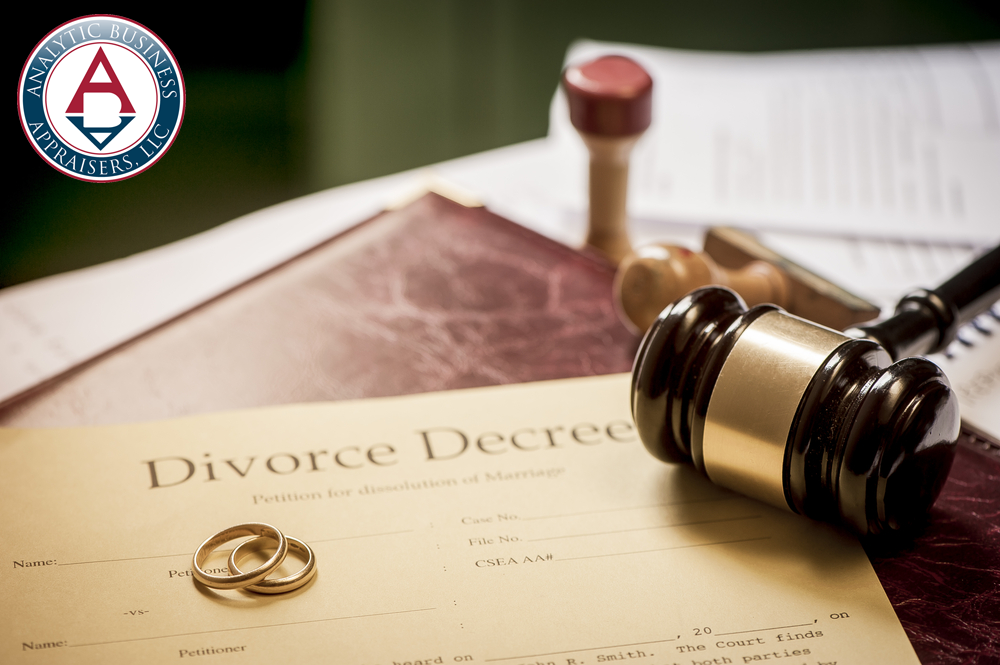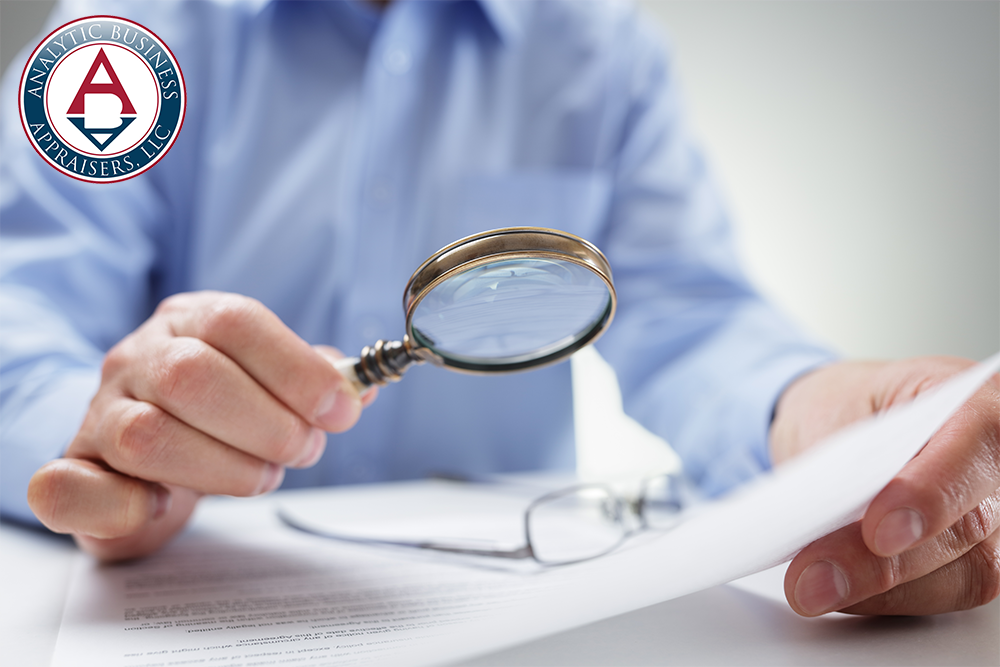Abstract: In divorce cases, the value of a spouse’s professional practice — such as a medical practice or law, architectural or engineering firm — can affect rulings regarding marital property distribution, alimony and child support. This article explains three important details to resolve before calculating value: the appropriate standard of value, valuation date and treatment of goodwill.
Spotlight on divorce
3 critical issues to consider before valuing a professional practice
In divorce cases, the value of a spouse’s professional practice — such as a medical practice or law, architectural or engineering firm — can affect rulings regarding marital property distribution, alimony and child support. State laws and legal precedent may vary. So, it’s important for valuators to iron out three issues before calculating value.
- Standard of value
The use of an incorrect standard can render a valuation report and the related testimony inadmissible. Fair market value and fair value are among the most common standards, but some jurisdictions now call for “intrinsic value.”
Intrinsic value is what an investor would consider to be the “real” value — and it’s generally the same as fair market value if other investors are likely to reach the same conclusion. It also can be understood as the value of the business to the current owner.
- Valuation date
Timing can have a significant impact on value. The appropriate valuation date could, for example, be the date of separation, the date the divorce complaint was filed, the court appearance date or some other date. The proper date is often determined by state law.
The date of marriage may also be relevant in cases where only the appreciation in value over the course of the marriage is includable in the marital estate. In those situations, the expert might need to value the business interest twice — once when the parties said “I do” and again when they part ways.
- Treatment of goodwill
Goodwill generally refers to intangible value that isn’t attributable to other identifiable intangible assets, such as brands, patents and client bases. When combined with noncompete agreements, the value of goodwill may well exceed the value of tangible assets.
Courts generally recognize two types of goodwill. Personal goodwill is linked to an individual’s knowledge, experience and abilities. Its value rests on the assumption that patients or clients would follow a practitioner to a new practice. Business goodwill can be separated from the practitioner. It relates to such factors as location, company name, assembled workforce, and established policies and procedures. Its value assumes the firm would retain clients and patients if the owner left.
Experts must understand the appropriate treatment of goodwill in a case’s venue. About half of the states generally exclude personal goodwill from the marital estate. In those jurisdictions, only business goodwill may be included in the marital estate. Courts in other jurisdictions may either include all goodwill in the marital estate — or exclude it all, depending on relevant laws and legal precedent. It’s important to consider relevant state laws and applicable state case law in determining goodwill.
© 2017







Leave A Comment